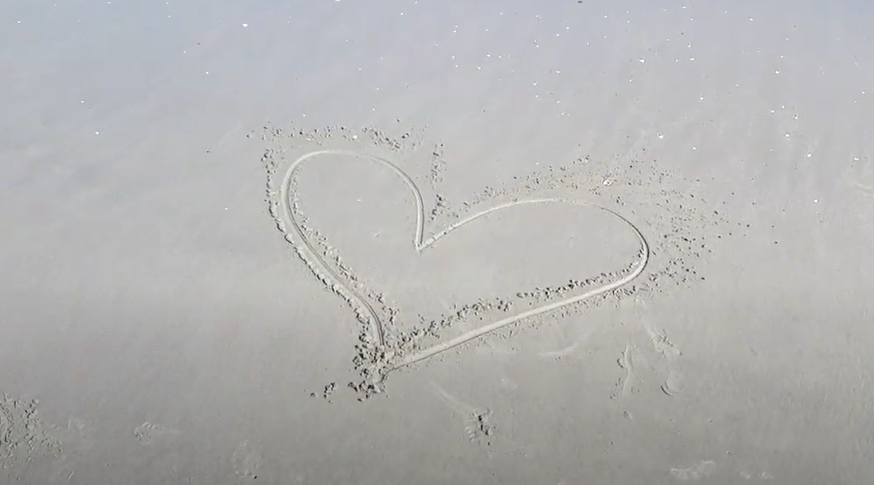Videos continue whānau connection in lockdown
Published: May 13, 2020
A couple is getting creative to ensure they stay connected to their niece, with COVID-19 restrictions having put plans for her to move into their care on hold.
Mike and Amanda felt a connection with four-year-old Arana* after the just one visit – but then lockdown came just a week after this first meeting, which meant a delay before the three of them could continue to know each other further.
There was concern Arana would feel abandoned by her aunt and uncle after they had just come into her life so, after a suggestion from an Oranga Tamariki social worker, they started creating videos for her so they could stay connected.

Videos build connection
The couple’s first used video introduced Arana to the cats that visit their home. This was soon followed by videos of them reading her stories, playing with a teddy, and writing messages in the sand at a nearby beach.
“We wanted to give her something to get to know us, and hearing the sound of waves hitting the beach is a part of who we are and where we live,” Mike says.
It was important to him that Arana knew there were people out there that cared about her and wanted to know her.
“We thought that maybe the familiarity would eventually help her cope with the change to come.”
Creating reassurance and comfort
The idea to keep this whānau connected through video came from Arana’s Oranga Tamariki social worker, who was inspired by one of Arana’s favourite activities – watching Barbie videos on YouTube.
After Mike and Amanda make the videos, Arana’s social worker passes them on to her caregiver to show to her – and Arana has been asking for more.
“She’s been loving them,” her social worker says.
“I think it has reassured her that they’re still out there, and they’ve not just come into her life and then disappeared again.
“The nice thing is that she can watch them again and again, whenever she chooses to. She can hear the stories again, so I think it’s giving that little lit bit more comfort when she’s feeling isolated,” she says.
“It’s also been a way to give Mike and Amanda some connection, when I can tell them what Arana has said about watching them.”
Next steps
Arana’s social worker says the transition planning to return her to her whānau, through being cared for by Mike and Amanda, will resume once things become more settled.
Because Arana has gotten to know her aunt and uncle through these videos, her social worker hopes the change will be much easier.
“It feels a lot safer for her, which I think will make a big difference.”
*the names in this article have been changed for their privacy

